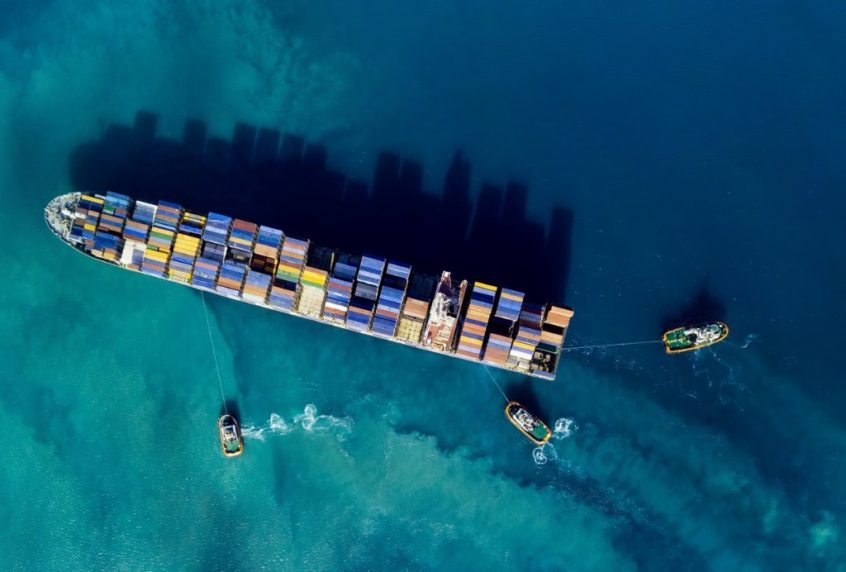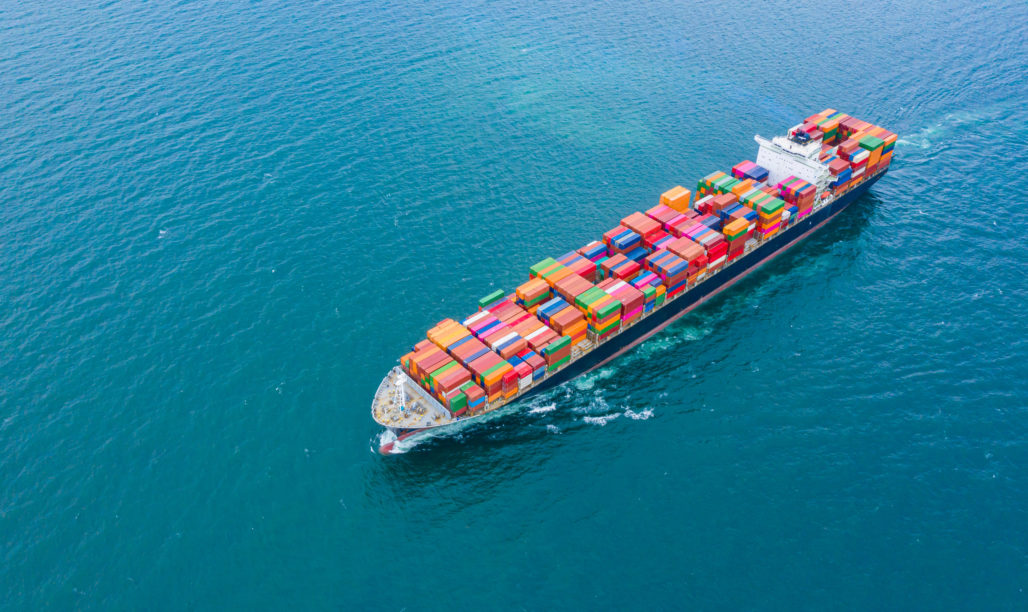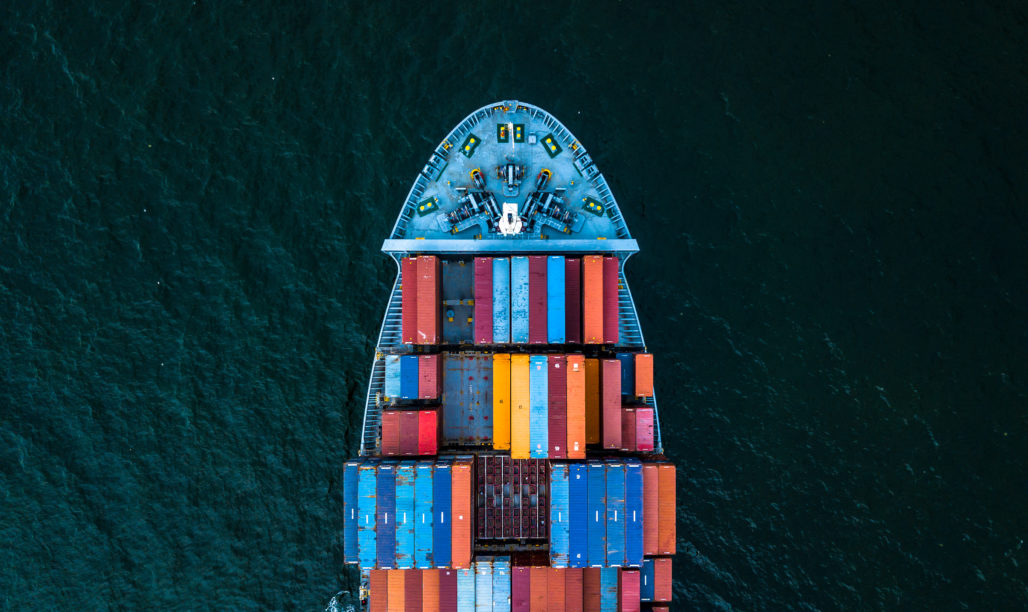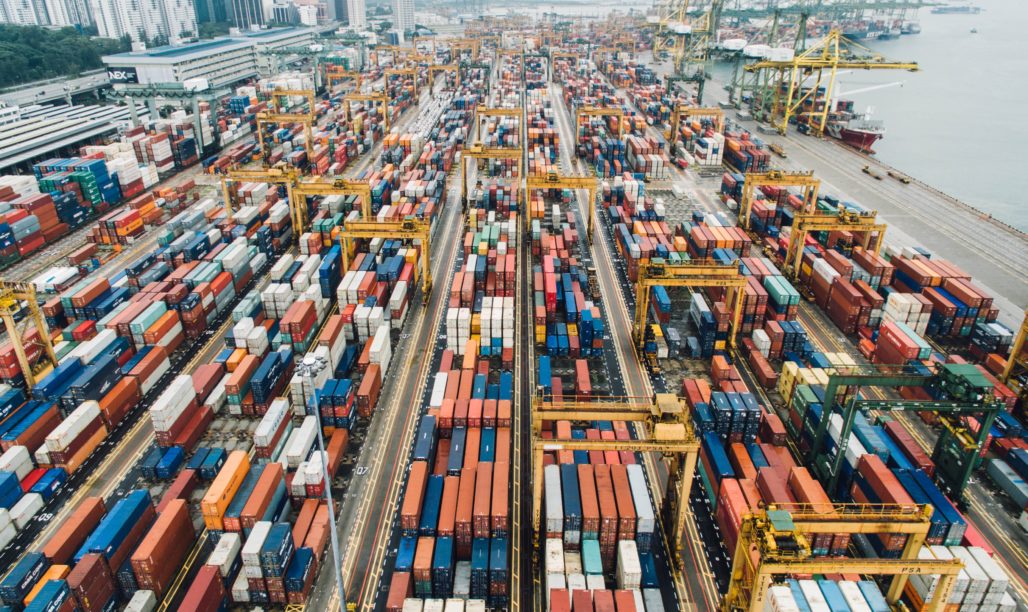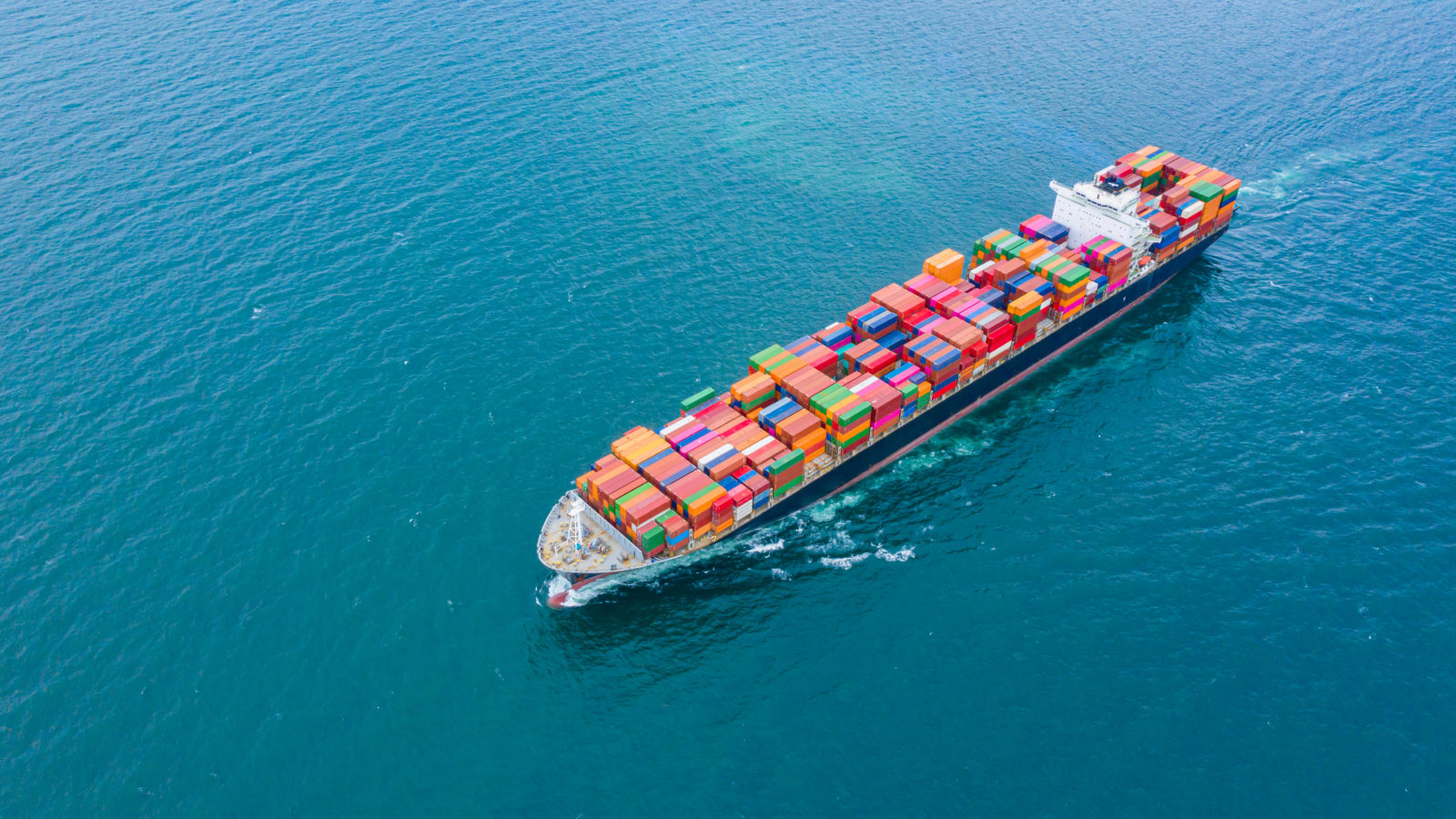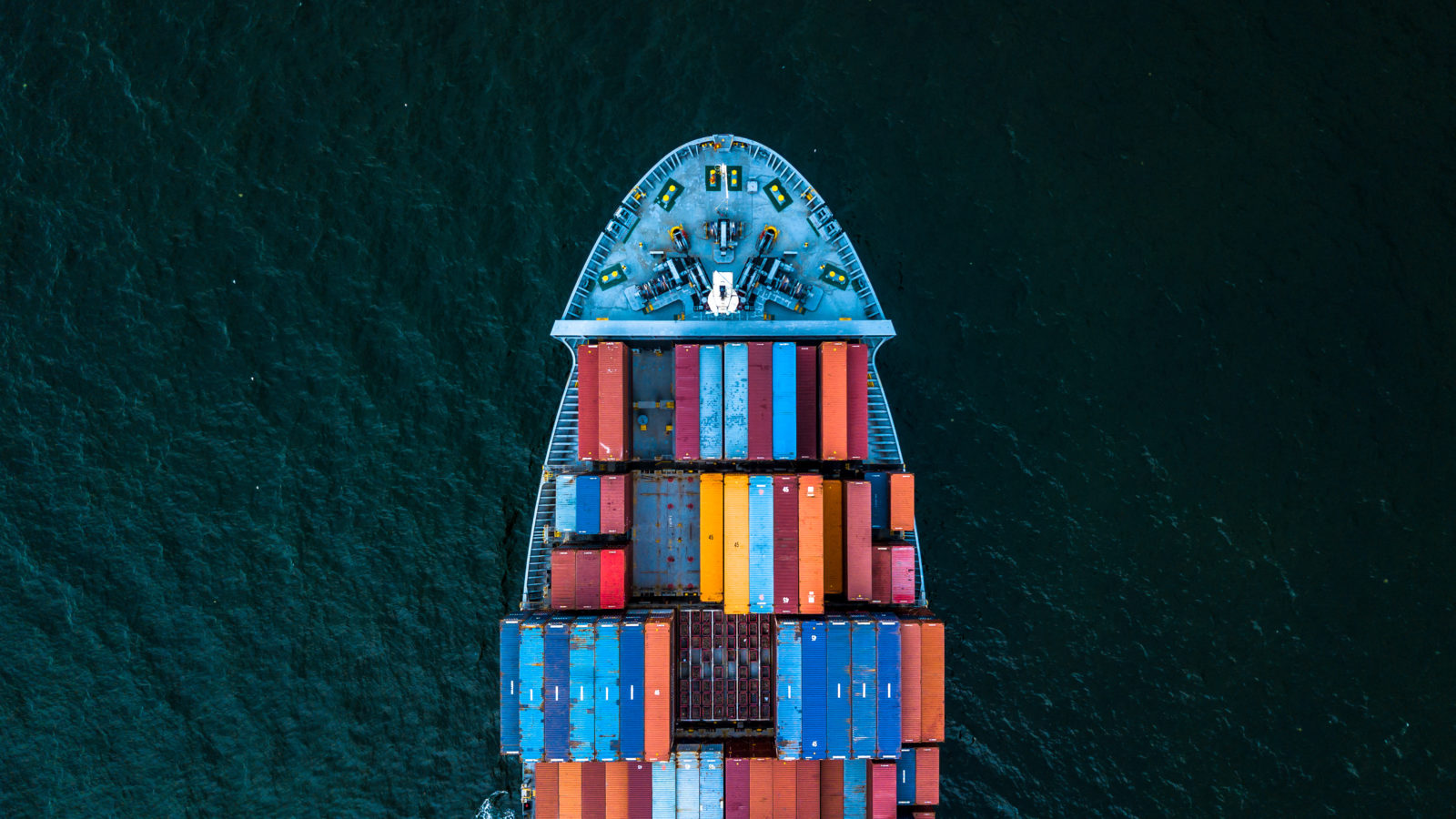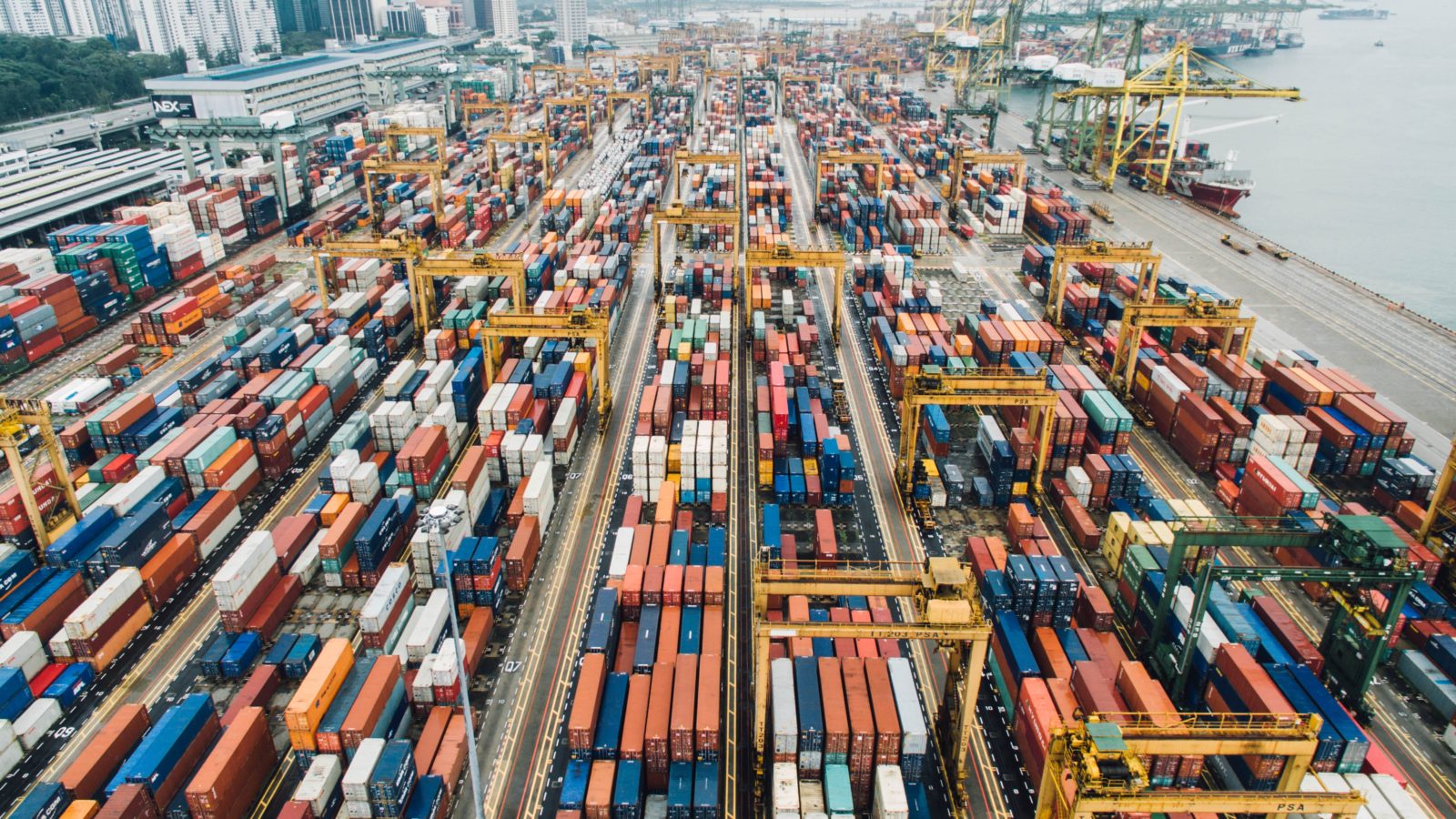FMC License & Registration for NVOCCs
What activities require an NVOCC license or registration from the U.S. Federal Maritime Commission (FMC)?
An FMC license or registration is generally required in the following scenarios.:
- when you re-sell full-container load (FCL) or less-than container load (LCL) ocean freight at a markup or profit
- when you issue your own House Bill of Lading or other shipping documents in the name of your company
- when you allow shipments to move under Service Contracts signed by your company whether you issue your House Bill of Lading or not
- when you are listed as Shipper on an ocean Bill of Lading for cargo that you do not own.
For more information about DPI’s NVOCC licensing and registration services, click here. DPI Members may also read more about NVOCCs, licensing, and registration over on the DPI Knowledge Center.
What is an NVOCC?
In the U.S. ocean trade lanes, a Non-Vessel-Operating Common Carrier (NVOCC):
- holds itself out to the public as a company that
- provides transportation for cargo between the US and a foreign country by water
- for compensation
- without operating the vessel by which the transportation is provided.
An NVOCC is a shipper in relationship with the underlying ocean carrier transporting the cargo and assumes responsibility for paying ocean freight and related charges. NVOCCs operating in the U.S. ocean trade lanes must obtain a license or registration from the U.S. Federal Maritime Commission.
To learn about DPI’s FMC Licensing and Registration services, click here. DPI Members may read more about NVOCCs over on the DPI Knowledge Center.
My business is based outside of the US. Do I need an NVOCC license?
No. Companies outside of the US that offer ocean freight services to or from the US under their own name must register with the U.S. Federal Maritime Commission (FMC). The FMC NVOCC License is only available to NVOCCs with offices and staff in the US.
DPI has helped thousands of companies successfully apply for FMC registration. Learn more about our FMC registration services here.
DPI Members may also read more about NVOCCs and FMC Registration for Foreign NVOCCs over on the DPI Knowledge Center.
How do I obtain an NVOCC bond?
Most NVOCCs obtain an NVOCC bond through a surety company approved by the U.S. Treasury.
DPI works with a number of surety companies in the US and abroad. We are happy to recommend one for your organization.
To learn about our NVOCC Bond services, click here.
Why do I need an NVOCC bond?
Under U.S. Federal Maritime Commission regulations, NVOCCs must provide proof of financial responsibility before they begin operating in the U.S. ocean trade lanes.
Licensed NVOCCs must maintain proof of financial responsibility in the amount of US$ 75,000. Registered NVOCCs must maintain proof of financial responsibility in the amount of US$ 150,000.
Most NVOCCs provide proof of financial responsibility by submitting proof of a bond obtained through a surety company approved by the U.S. Treasury.
Learn about our NVOCC Bond services here.
I don’t issue Bills of Lading, but I sell ocean freight. Am I an NVOCC?
Yes. You are generally operating as an NVOCC in the U.S. ocean trade lane in the following scenarios regardless of whether you issued a House Bill of Lading.:
- when you re-sell full-container load (FCL) or less-than container load (LCL) ocean freight at a markup or profit
- when you issue your own House Bill of Lading or other shipping documents as the ocean freight transportation provider
- when you allow shipments to move under Service Contracts or rates agreed to by your company whether you issue your House Bill of Lading or not
- when you are listed as Shipper on an ocean Bill of Lading for cargo that you do not own
- when you hold your company out to the shipping public in advertising or other communications as an ocean freight transportation provider
For more information about DPI’s NVOCC licensing and registration services, click here. DPI Members may also more about NVOCCs over on the DPI Knowledge Center.
What do I need to do after I obtain my NVOCC registration or license to comply with FMC Regulations?
Once you have obtained an NVOCC license or registration, you must:
- keep your NVOCC bond in effect;
- keep your FMC tariff rules up to date and reflective of all terms and surcharges applied to their ocean freight rates;
- comply with FMC’s regulations by documenting your ocean freight selling rates in tariff rate filings, Negotiated Rate Arrangements (NRAs), or NVOCC Service Arrangement (NSAs);
- report any changes to your license or registration information to the FMC within 30 days, such as address, telephone number, licensed NVOCCs must also report changes to their organization’s structure, Qualifying Individual (QI), related entities, shareholders / directors / officers, and branch offices;
- renew your license or registration every three years upon receipt of FMC’s renewal email; and
- submit a new or amended registration or license application before using a new legal name or trade name.
Click here for more information about how DPI can help your organization comply with FMC’s NVOCC regulations. For information about FMC licensing and registration renewal and amendment services, click here.
How much does it cost to become an NVOCC and operate in the U.S. ocean trade lanes for a company based in the US?
Organizations based in the US that work with DPI typically spend $3936 to satisfy FMC requirements to obtain an FMC NVOCC license. See below for cost breakdown.:
FMC-Licensed NVOCC: Estimate $3936
Cost Breakdown:
- U.S. Federal Maritime Commission – New License Application Filing Fee: US$ 1304
- DPI Application Handling: US$ 900 estimate (12 hours / US$ 75 per hour for application preparation)
- Bond Agent Fee: US$ 1000 estimate (annual fee)
- DPI Initial Tariff Publication: US$ 300 (one-time fee), includes FMC-1 filing
- DPI Database Fee: US $432 ($36/month) (annual fee)
After obtaining FMC registration, NVOCCs must continue to maintain an NVOCC bond and tariff. Annual fees for bonds are determined by the bond underwriter. DPI charges filing fees for new/revised tariff filing and annual database maintenance. For our full price list, click here.
Click here for more information about DPI’s services for NVOCCs. DPI Members may read more about NVOCCs, FMC Licensing, and FMC Registration over on the DPI Knowledge Center.

